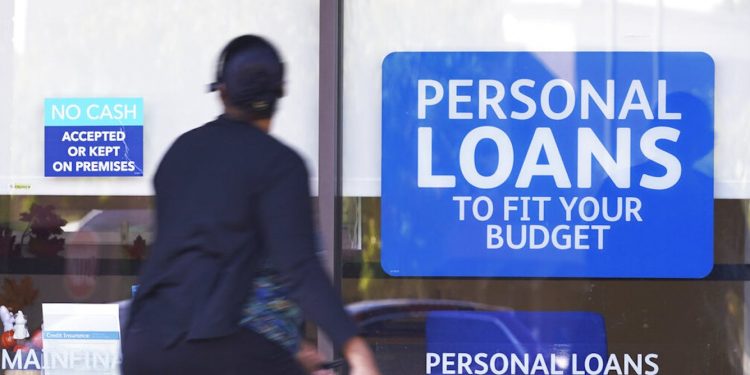
If you didn’t know much about someone, would you lend them a whole lot of money? Probably not – and banks are the same way. That’s why people with no credit history often have trouble getting loans. Banks and credit bureaus look at people’s past borrowing to predict how likely they are to repay. And when there’s no history, they tend to assume the worst.
That invisibility leaves many people in limbo. A young worker applying for her first credit card, a shopkeeper who has always relied on cash, or a recent migrant without local records may all be responsible borrowers. But without a file, lenders typically can’t tell the difference between them and someone at truly high risk of defaulting.
As marketing professors studying consumer finance, we wanted to know: Are there alternative sources of information that can help identify safe borrowers? And in our new study in Peru, we found a potential answer in everyday shopping habits.
By linking loyalty-card data from a large retailer with Peru’s national credit registry, we tested whether retail information – what people buy, when they shop, how they pay – could improve lenders’ ability to distinguish safe first-time applicants from risky ones.
The results were striking. Applicants with no credit history saw approval rates of only 16% when lenders judged them solely by traditional indicators such as income. But adding shopping data almost doubled approvals to 31%, and in some cases tripled them to 48% – with only a modest increase in defaults.
Without this retail data, newcomers look almost identical. But with it, safe borrowers emerge from the crowd. We found that people who bought items on sale, shopped at regular times and used noncash payment methods consistently had lower default risk than those who did not.
Why it matters
The World Bank estimates that about 1.4 billion adults remain unbanked, and billions more struggle to access formal credit because they lack sufficient history. In Peru, for example, less than a quarter of adults reported borrowing from a financial institution in the past year.
That gap matters. Access to credit lets households invest in education, launch businesses, buy homes and weather financial shocks. People who can’t borrow from established lenders may turn to informal lenders who charge punishingly high interest rates. Others simply go without, unable to smooth income swings or seize opportunities to improve their lives.
Our findings point to a practical way forward. Retailers and banks could work together to expand access by using shopping data – with consumer consent – as a second look for applicants who would otherwise be rejected. This extra layer of information doesn’t penalize those who already qualify. Instead, it helps identify safe borrowers among the invisible.
In a previous article, we showed that even a grocery basket could help predict repayment. This new research goes further by drawing on a much broader retail footprint that includes clothing, household goods and more. It also tracks what happens to people after rejection, following them into the national credit registry to see whether they eventually borrowed elsewhere and repaid. (Both studies were done with consumers’ consent and used anonymized data.)
What’s next
Our study relied on simulations of scenarios in which lenders incorporated retail data into their scoring models – so the next step is to test these models in practice. A field experiment could compare retail-based scoring with traditional methods head-to-head, tracking not just approvals and defaults but also the longer-term effects on borrowers. Do first-time borrowers who gain access go on to build healthy credit histories? Do they invest in education, businesses or housing, improving their financial well-being over time?
For lenders, too, there are open questions. How should banks adapt their customer service for people brand-new to credit – for example, by starting with lower limits and raising them gradually? For policymakers, the challenge is to ensure that these new tools expand access without compromising privacy or fairness. Strong guardrails and consumer protections will be critical so that broader credit access leads not just to more loans but to fair and sustainable financial inclusion.
The Research Brief is a short take on interesting academic work.
![]()
The authors do not work for, consult, own shares in or receive funding from any company or organization that would benefit from this article, and have disclosed no relevant affiliations beyond their academic appointment.













